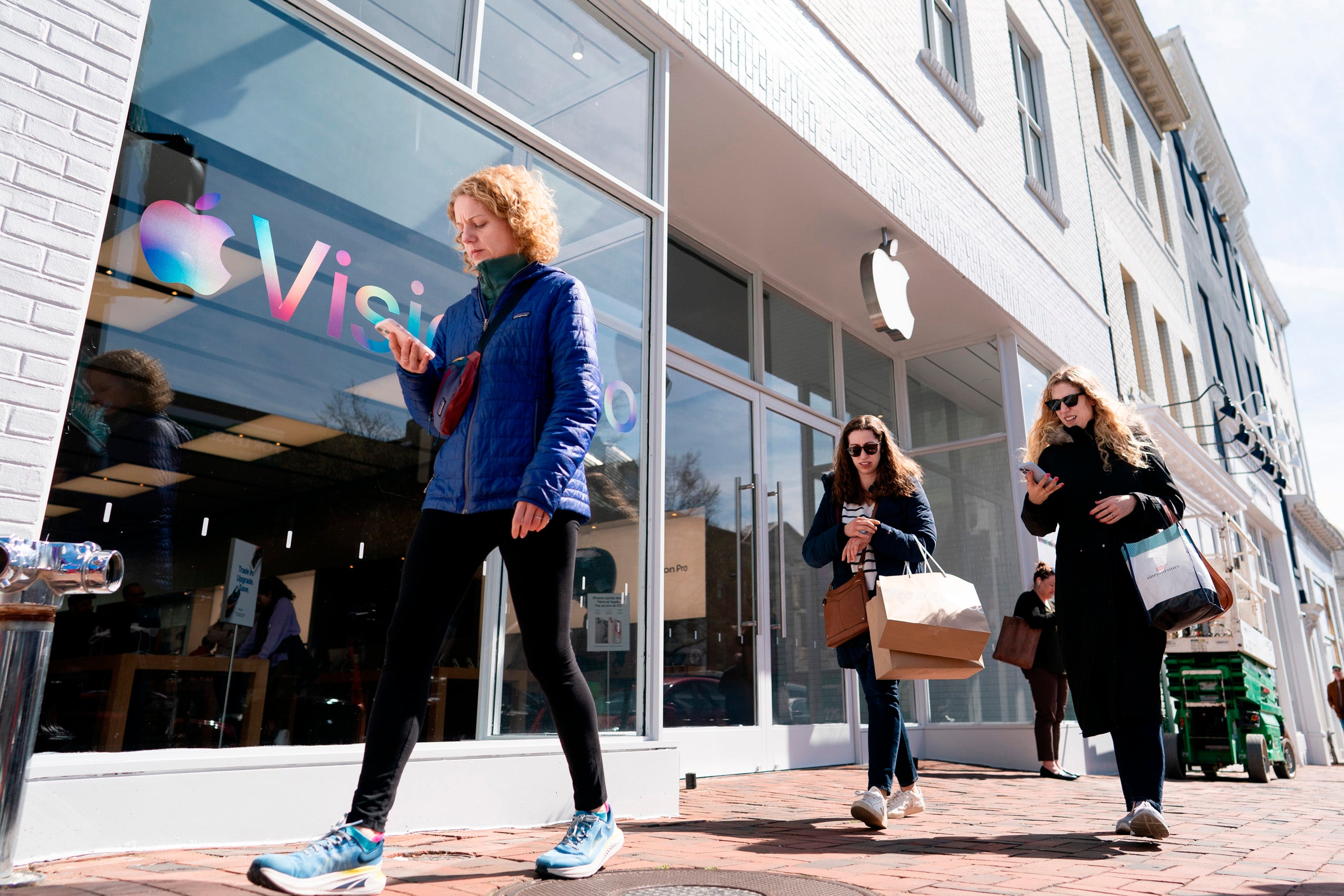## Is Instagram About to Get a Whole Lot Smaller? Meta, the tech giant behind Instagram and WhatsApp, is facing its biggest legal battle yet. The FTC is demanding the unwinding of Facebook’s acquisitions of these two social media behemoths, a move that could dramatically reshape the digital landscape as we know it. It’s not just about antitrust; it’s about who controls our online lives. In a trial that’s capturing the attention of tech experts and everyday users alike, the future of Instagram and WhatsApp hangs in the balance. Buckle up – this is a fight that could change everything.
Economic Theories in the Digital Age

As the FTC v. Meta trial unfolds, the discourse around economic theories and their application to the tech sector gains prominence. One key debate centers on the Chicago School of Economics, which has long dominated antitrust enforcement. This school of thought, championed by economists like Milton Friedman and Robert Bork, emphasizes that low prices and consumer welfare are the primary indicators of market health. However, recent legal actions against tech giants, including Meta and other major players, reflect a shift towards a more nuanced understanding of market dynamics in the digital age.
The FTC v. Meta case, in particular, highlights the inadequacies of the Chicago School’s framework in addressing the complexities of the digital marketplace. The network effects and data-driven economies of scale that characterize platforms like Instagram and WhatsApp create unique barriers to entry and competition that traditional economic theories fail to capture adequately. As a result, there is a growing consensus among legal and economic experts that new frameworks are necessary to ensure fair competition and protect consumer rights in the digital economy.
Industry Reactions and Responses
Meta’s Defense Strategy

Meta, the parent company of Facebook, Instagram, and WhatsApp, has adopted a multi-pronged defense strategy in response to the FTC’s allegations. Legally, Meta argues that its acquisitions and business practices have not harmed competition or consumers. Publicly, the company emphasizes the value its platforms bring to users, focusing on features, connectivity, and community building. Meta’s legal team is also leveraging complex legal arguments to challenge the FTC’s claims, arguing that the social media landscape is highly competitive and that the sheer size of its platforms is a result of consumer demand rather than anti-competitive practices.
Other Tech Giants Watching
Other major tech companies like Amazon, Apple, and Google are closely monitoring the FTC v. Meta trial, as the outcome could have significant implications for their own business practices and antitrust risks. The case is seen as a test of the U.S. government’s resolve to enforce antitrust laws in the tech sector and could set a precedent for how tech companies are scrutinized and regulated in the future. These companies are likely to adjust their strategies and business models based on the trial’s outcome, with a likely increase in legal preparedness and public relations efforts to preempt potential regulatory challenges.
Societal and Political Dimensions
The Broader Impact on Democracy
The FTC v. Meta case extends beyond economic and legal implications to touch on broader societal and political concerns. The case is one of several high-profile antitrust actions against tech giants that are part of a broader push to scrutinize the impact of digital monopolies on democracy. Critics argue that tech monopolies can lead to information silos, misinformation, and the concentration of power, all of which can undermine democratic processes. The FTC argues that Meta’s acquisitions, particularly of Instagram and WhatsApp, have stifled competition, which can also limit innovation and consumer choice, ultimately impacting the health of the democratic process and the diversity of information available to the public.
Policy Implications
The potential policy implications of the FTC v. Meta case are vast and could set a precedent for future antitrust enforcement actions. If the FTC prevails, it could lead to significant changes in how tech companies are regulated, including stricter scrutiny of acquisitions, data privacy policies, and the enforcement of competition laws. The case could also prompt Congress to consider new legislation aimed at regulating big tech more effectively, such as the proposed Digital Platform Commission Act, which would create a new body to oversee large tech companies. The outcome of the case is expected to influence not only tech policy but also broader economic and regulatory frameworks, potentially reshaping the tech industry’s landscape for decades to come.
Future of Social Media and Messaging Platforms
Innovation and Competition
The outcome of the FTC v. Meta case could significantly impact the future of innovation and competition within the social media and messaging app market. If Meta is found to have engaged in anti-competitive practices, it could face penalties that might include divestitures or other structural changes, potentially breaking up the conglomerate’s vast digital landscape. This could open up new opportunities for smaller competitors to enter the market, fostering a more dynamic and competitive environment. Conversely, a ruling in favor of Meta could embolden similar practices, potentially stifling innovation and further entrenching the dominance of a few large tech companies.
User Experience and Market Dynamics
The user experience on social media and messaging platforms is closely tied to the competitive dynamics of the market. If the FTC’s arguments prevail, the ruling could lead to increased user choice and a diversification of services, potentially improving the user experience through more specialized and innovative services. On the other hand, if Meta prevails, the current market dynamics may remain unchanged, with users continuing to benefit from the integrated services and large user bases of Instagram and WhatsApp, albeit at the potential cost of stifled innovation and reduced competition.
Conclusion and Analysis
What’s at Stake
The FTC v. Meta case is more than just a legal battle; it represents a critical juncture in the regulation and governance of the tech industry. The long-term consequences for Meta could range from forced divestitures to changes in business practices that could reshape its core operations. More broadly, the case signals a potential paradigm shift in how digital companies are regulated, affecting everything from data privacy and competition to innovation and market dynamics. The outcome could set a precedent that influences not only Meta but also the broader tech industry and the digital economy as a whole.
Anticipating the Next Steps
Looking ahead, the FTC v. Meta case is expected to trigger a series of legal and regulatory actions. Should the FTC emerge victorious, it would likely embolden further antitrust actions against other tech giants, leading to a more regulated tech industry landscape. Conversely, a loss for the FTC could embolden tech companies to continue their current practices, potentially slowing down regulatory actions. Unionjournalism will continue to track these developments and provide in-depth analysis and insights into the evolving tech landscape.
Conclusion
The FTC v. Meta Trial: A Crucial Turning Point for Social Media
The highly anticipated FTC v. Meta trial has sent shockwaves through the tech industry, leaving the future of Instagram and WhatsApp hanging in the balance. At the heart of the matter is the Federal Trade Commission’s (FTC) accusation that Meta, the parent company of these social media giants, has engaged in “anticompetitive and monopolistic” practices. The trial’s key points revolve around Meta’s acquisition of Instagram and WhatsApp, with the FTC arguing that these deals significantly reduced competition in the market, ultimately leading to decreased innovation and choice for consumers.
As we delve into the trial’s significance, it becomes clear that the stakes are far higher than just Meta’s future. The outcome will set a precedent for the tech industry’s biggest players, influencing the way they operate and interact with users. A ruling in favor of the FTC could lead to a more competitive market, with implications for user data protection, content moderation, and the overall digital landscape. Conversely, a Meta victory could embolden the tech industry’s most powerful players, potentially stifling innovation and perpetuating the existing monopolistic structures.
As the trial comes to a close, one thing is certain: the future of social media is being rewritten before our eyes. With the FTC v. Meta case serving as a catalyst for change, we are on the cusp of a new era in digital governance. As we ponder the possibilities, one question remains: will the tech industry finally be held accountable for its actions, or will the status quo prevail? The answer lies ahead, but one thing is clear: the fate of social media, as we know it, hangs precariously in the balance.
